
(ECNS)-- European countries such as Germany are home to a large number of "Hidden Champions" who dominate the respective industry but remain little known to the world. In contrast, Chinese enterprises often dream of growing stronger and eventually going public. What are some implications of these different approaches? What can Chinese enterprises learn from German "hidden champions"? And will they become the toughest future competitors of German "hidden champions"?
In the latest W.E. Talk, Hermann Simon, founder of "Hidden Champion" theory and famous German management scholar and Chen Jin, professor of Department of Innovation, Entrepreneurship and Strategy in School of Economics and Management and director of Research Center of Technological Innovation at Tsinghua University were invited to discuss the above topics.
Mr. Simon thinks three pillars- ambition to be the best, focus, globalization- combined with long-term orientation, will lead to the success of a "hidden champion". Deep tech and focus are German enterprises’ advantages, while the Chinese enterprises do better in development speed and better environment for R&D. China has become the best test field for innovation, especially digital innovation.
Prof. Chen said that American enterprises are strong in strategic innovation, German enterprises in technological innovation, and Chinese enterprises in integrating resources and innovating business models. If we can follow the trend of global operation, establish multinational enterprises that integrate different cultures and civilizations, and realize coordinated development by China-Germany-U.S. cooperation, this will be highly conducive to the development of the whole world economy
Here is an excerpt of the dialogue:
China News Service: The "Hidden Champion" theory proposed by Prof. Simon is famous all over the world. Germany and other European countries are home to a large number of "hidden champions". In contrast, Chinese enterprises often dream of growing stronger and eventually going public. What differences are there between German and Chinese enterprises?
Hermann Simon: A "hidden champion" is a company which is in the top three in the world market, has a revenue of fewer than 5 billion dollars and is little known to the public. Because these are middle-size companies which are serving special markets, niche markets. But they do it very quietly. And in each of them, you can be the global market leader and these are the “hidden champions”.
We have to understand that the Chinese economy is in a different stage of development from the German economy. First, if we look at globalization, Germany are far advanced in globalization. The German hidden champions usually have more than fifty own subsidiaries. And the Chinese, typically less than ten.
The second aspect is innovation. Chinese "hidden champions" are investing very heavily into innovation, into research and development. Nokia has disappeared and HUAWEI is leading. So I think this is a foundation for future, very strong competition from the Chinese "hidden champions" compared to the German (and other European countries') "champions".
Chen Jin: German "hidden champions" perform well because the country is highly industrialized while China is still in the middle and late stages of industrialization. So it is necessary for Chinese enterprises to keep increasing their investment in technological innovation. At present, some Chinese enterprises have intensified their efforts in developing specialized or "hidden champions", but there is still a big gap between the number and development level of "hidden champions" in China and Germany.
China News Service: Prof. Simon has said that Chinese enterprises will be the toughest competitors of German hidden champions for many times. Apart from competition, is there enough room for enterprises of both countries to have win-win cooperation?
Hermann Simon: Yeah, that's certainly the case. And that is happening already. We see that German "hidden champions" are very strong in China already that they operate more than 2000 factories.
In the other direction, you see the same. We have had in the last 7 years, more than 300 acquisitions of German companies by Chinese firms. And of those about 50 are hidden champions. So now, many companies in Germany are actually owned by Chinese that are operated still under the German name and this corporation is going very well. But the total number of Chinese greenfield plants in Germany is still very low. Now it's 5 compared to those 2,000 of Germans in China. This reflects again a different stage in globalization, but we expect a very strong wave of Chinese investments in Germany.
Chen Jin: There is a lot of room for China-German cooperation because China is a developing country with a large population and upgrading consumption. Its huge market provides good opportunities. Both traditional infrastructure and new infrastructure based on digitalization have brought golden opportunities for China-German enterprise cooperation.
China News Service: How do you view the shortcomings of Chinese, American and German enterprises in terms of innovation ability?
Hermann Simon: I would say the two outstanding capabilities of the Germans are deep tech and focus. The Americans are very strong in organizing processes. And then the Americans often sets the international standards. The Chinese have several other strengths. Its speed. I am always impressed by how fast Chinese entrepreneurs develop and implement things. And then kind of new observation that Chinese consumers are more willing to accept, to adopt innovations than German consumers. So China has become the best test market for innovations, in particular, digital innovations. You really see whether you will be successful.
We have quite a few fields where China is leading markets, railroad technology, high-speed trains, artificial intelligence, also in other industries. For instance, one German hidden champion is establishing its center for artificial intelligence in Shanghai. Because they say in China, we have better opportunities, better conditions to develop artificial intelligence products and processes than in Germany.
Chen Jin: American enterprises are strong in strategic innovation, German enterprises in technological innovation, and Chinese enterprises in integrating resources and innovating business models. So mutual learning should be practiced If we can follow the trend of global operation, establish multinational enterprises that integrate different cultures and civilizations, and realize coordinated development by China-Germany-U.S. cooperation, this will be highly conducive to the development of the whole world economy
China News Service: How can Chinese enterprises learn from successful German "hidden champions" and embark on a path of independent innovation focused on long-term success and specialization?
Hermann Simon: Three pillars - ambition to be the best, focus, globalization- combined with long-term orientation, that is the receipt for hidden champion’s success.
Ambition to be the best. Focus, only focus leads to world-class, Focus, however, has one disadvantage. It makes the market small. Because you can find yourself to a niche. How do you make it large? By globalization. With globalization, niche market is getting sufficiently large for mid-size companies. These are the most important guidelines for hidden championship.
And another aspect, very important aspect of this long-term orientation is employee loyalty. The annual turnover rate of employees in German hidden champions is only 2.7%, so extremely high employee loyalty.
Chen Jin: Some Chinese enterprises have begun to strengthen their investment in core technologies, and the Chinese government has realized that small and medium-sized enterprises should strive to become "hidden champions". It is necessary to turn them into strong market players, rather than followers of large enterprises. In terms of innovation ability, we aim for specialization and to be strong, and our business philosophy should focus on long-term and sustainable development.
China News Service: Are the rules played by the "hidden champions" still effective today?
Hermann Simon: It is a totally new game with exports being replaced more and more by direct investments. So we have seen from COVID-19, from trade conflicts between the U.S. and China in particular, now from the Ukraine conflicts, that global supply chains have collapsed. We see a totally new reconfiguration of the global valuation.
We have to do them in the target markets and not ship products all the time all over the world and have these risks in the supply chain. So it is a totally new game. I see this as a development of globalization, more regional, full value chains and less exports between the regions.
China News Service: How do you view the similarities and differences between Chinese and German entrepreneurship?
Hermann Simon: First, both people are very industrious, work hard. That's one important similarity. We also have both a kind of engineering spirit. And when I give speeches in China, I often ask a question, who of you wants to become a hidden champion? who has the ambition to become hidden champion? 50% raise their hands. That's even more than in Germany. This entrepreneur energy and ambition is very, very similar, and I think all this has in the background to do with the Confucian and the German ethics, the work ethic, etc. And this, in a broader sense, is a very good foundation for win-win cooperation. Actually, it works better between Chinese and Germans than between Germans and Americans.
Chen Jin: I think Chinese entrepreneurs are deeply influenced by Confucian culture. At the same time, some Taoist ideas have been integrated in, thus forming a new Confucian culture with order and flexibility combined. Many of the ideas of the Chinese and German philosophers are similar. In the future, we should emphasize the unity of global commercial enterprises and work together with universal love.













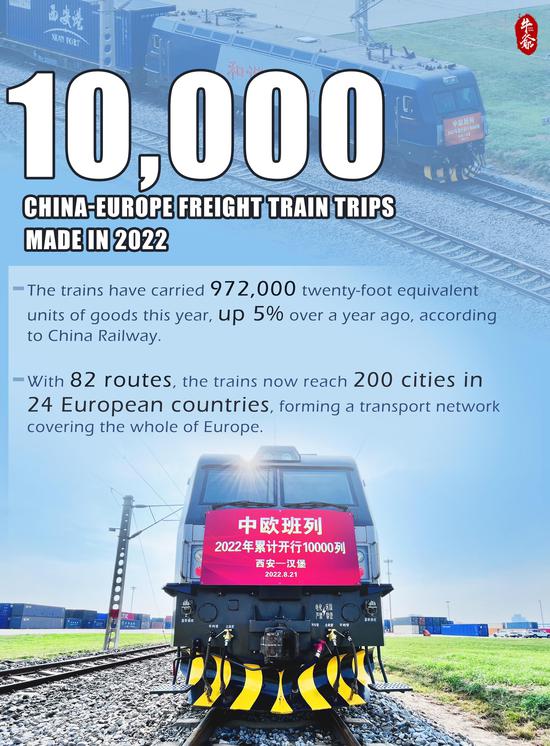


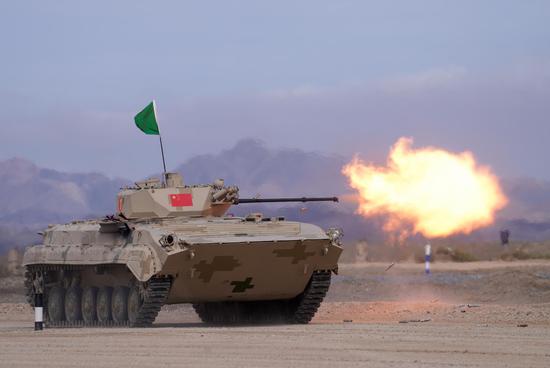


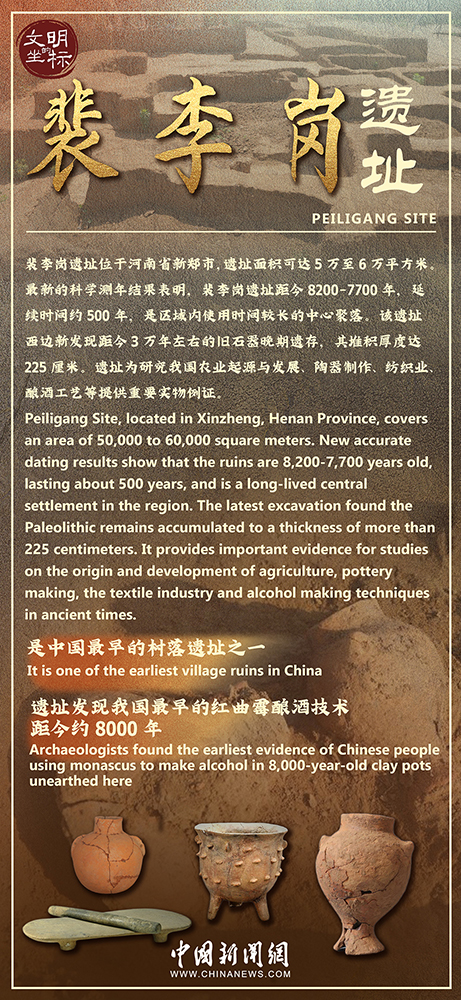


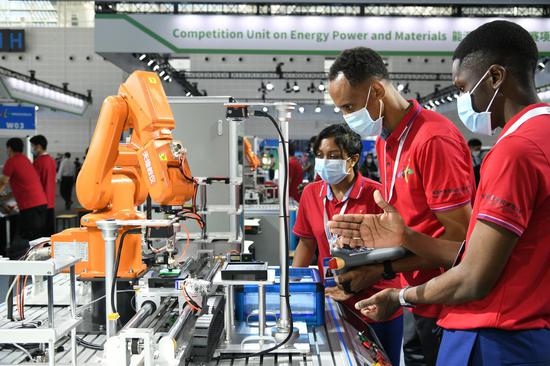




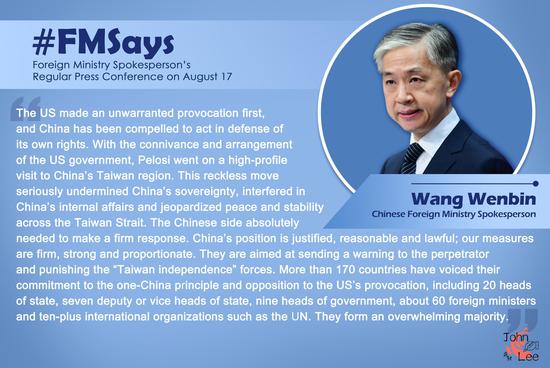
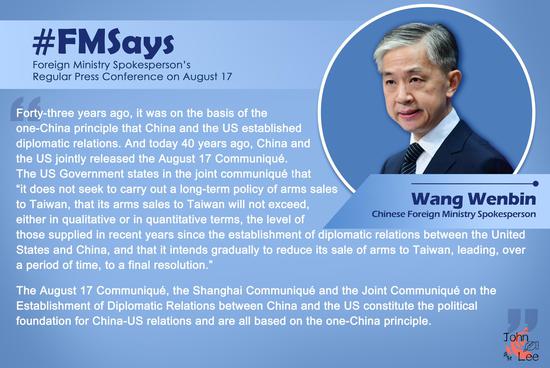


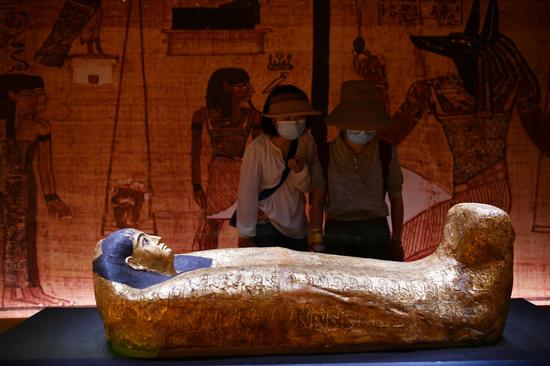









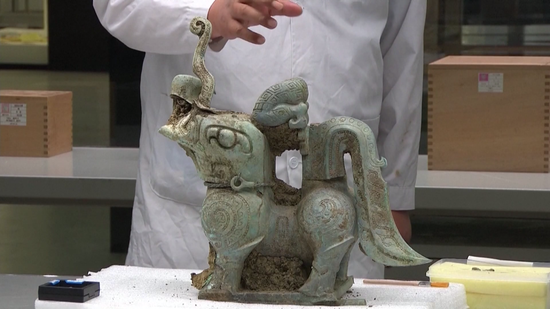








 京公网安备 11010202009201号
京公网安备 11010202009201号